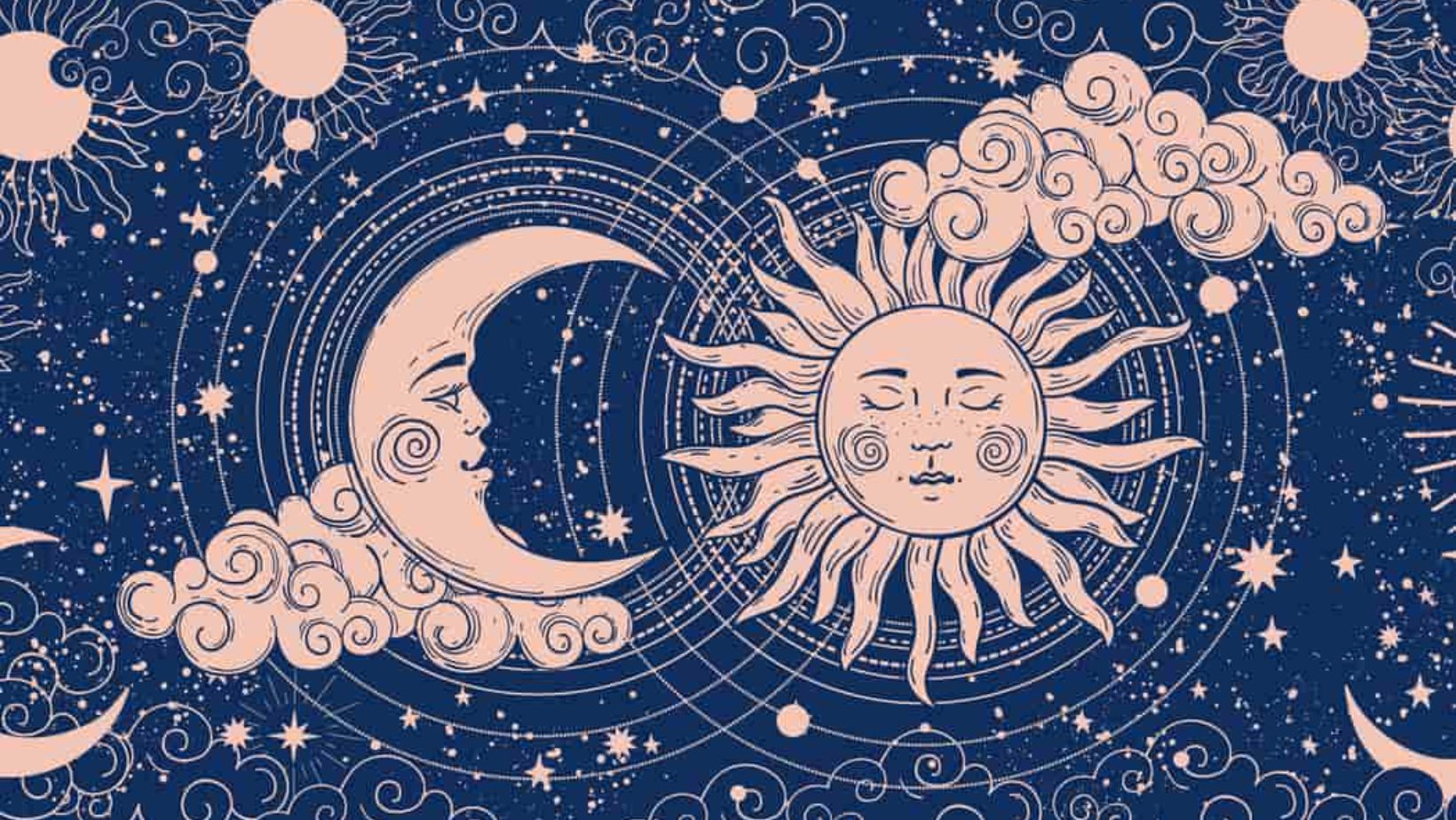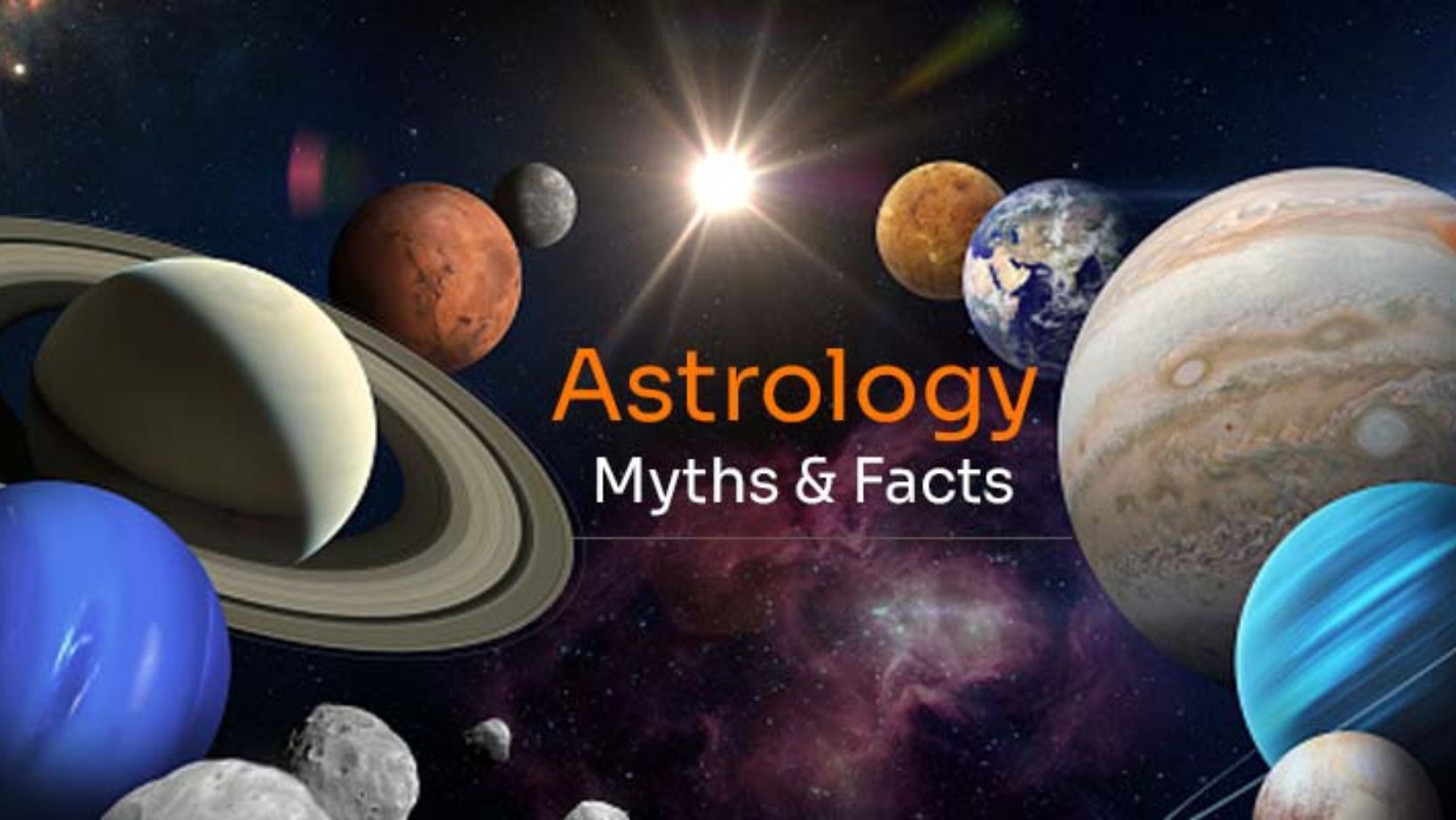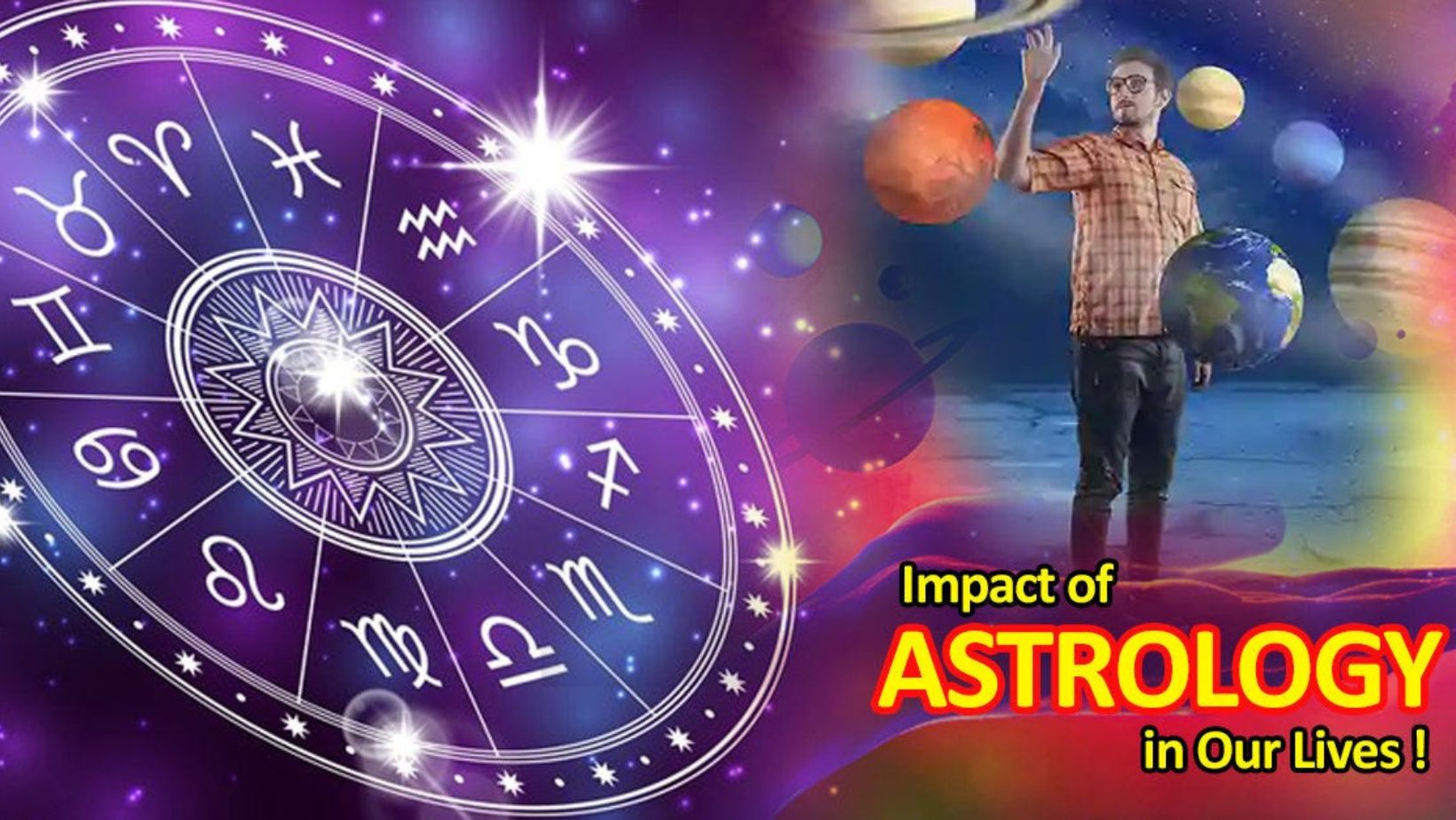When you look up at the night sky, do you see stars or horoscopes? Astronomy and astrology, while often confused, are distinct fields. Astronomy is the scientific study of celestial bodies and the universe. It relies on data, observations, and mathematics. On the other hand, astrology is a belief system that suggests a connection between celestial movements and human experiences. Understanding the historical context of both fields can shed light on their relationship. Exploring how they intertwine can deepen our appreciation for the cosmos and our place within it. Let’s dive into this fascinating connection!
A Brief History of Astronomy and Astrology

Astronomy has roots that stretch back to ancient civilizations. Early astronomers observed celestial bodies and created calendars based on their movements. Cultures like the Babylonians, Egyptians, and Mayans developed systems to track the stars and planets. These observations were crucial for agriculture, navigation, and religious practices.
Key milestones mark the development of modern astronomy. In the 16th century, Nicolaus Copernicus proposed the heliocentric model, suggesting that the Earth orbits the Sun. This revolutionary idea challenged long-held beliefs and set the stage for future discoveries. Johannes Kepler and Galileo Galilei followed, refining our understanding of planetary motion and using telescopes to make significant observations.
Telescopes have transformed astronomy. The invention of the refracting telescope in the early 17th century allowed astronomers to see distant celestial objects in greater detail. Later, the development of reflecting telescopes and space-based observatories further expanded our reach into the cosmos. Today, advanced technology, such as radio telescopes and space probes, continues to unveil the mysteries of the universe, solidifying astronomy’s place as a vital scientific field.
The Origins of Astronomy and Astrology
Astrology has deep historical roots in ancient cultures around the world. The earliest known astrological practices date back to Babylonian civilization around 2000 BCE. Babylonians tracked celestial movements and created zodiac systems to interpret how these movements influenced earthly events. This practice spread to ancient Greece, where philosophers like Plato and Ptolemy further developed astrological concepts.
There are several major astrological traditions today. Western astrology, based on the zodiac, focuses on the positions of the Sun, Moon, and planets at the time of a person’s birth. Vedic astrology, originating in ancient India, emphasizes planetary positions and their effects on karma and destiny. Chinese astrology, rooted in lunar calendars, uses a cycle of 12 animal signs to represent personality traits and fortune.
Celestial events significantly influenced early societies. Cultures relied on astrology for agricultural planning, determining auspicious dates for planting and harvesting. Astrological predictions also guided leaders in making decisions, such as waging war or signing treaties. These practices underscore astrology’s role in shaping human history and cultural beliefs.
The Fundamental Differences Between Astronomy and Astrology
Astronomy and astrology differ fundamentally in their approach and underlying principles. Astronomy is a science that relies on empirical evidence, observation, and mathematical models. It seeks to understand celestial phenomena through rigorous testing and experimentation. In contrast, astrology is based on belief systems, suggesting that celestial positions influence human behavior and fate.
The methodologies used in both fields also vary significantly. Astronomers collect data using telescopes, satellites, and other instruments to study the universe. They analyze this data to form theories and predictions about celestial bodies. Astrologers, on the other hand, interpret the positions of planets and stars at specific times, often using charts and symbols to derive meanings and insights.
Each field interprets celestial phenomena differently. For example, an astronomer studying a comet will focus on its trajectory, composition, and potential impact on Earth. In contrast, an astrologer might interpret the comet’s appearance as a sign of impending change or transformation in people’s lives. These differing interpretations highlight the clear divide between the scientific rigor of astronomy and the belief-driven nature of astrology.
Common Myths Surrounding Astronomy and Astrology

Astrology is often surrounded by common myths that mislead people about its nature and effectiveness. One prevalent misconception is that astrological predictions are infallible. Many people believe that their horoscopes can accurately predict their futures, but astrology lacks empirical evidence to support these claims. Predictions can vary widely and often rely on vague language that can apply to anyone.
Another myth is that astrology is a science. While it uses some scientific terms and concepts, astrology does not adhere to the scientific method. Scientific disciplines rely on hypothesis testing, experimentation, and peer review, which astrology does not. Thus, astrology is categorized more as a belief system rather than a legitimate science.
Many popular astrological claims are also debunked through critical examination. For instance, the idea that personality traits can be defined solely by one’s zodiac sign is oversimplified. Research has shown no consistent correlation between astrology and personality. Additionally, the effects of celestial events on individuals are not backed by scientific data. By understanding these myths, individuals can better navigate the information surrounding astrology and approach it with a more informed perspective.
How Astronomy and Astrology Influences Astrological Practices
Astronomy plays a significant role in shaping astrological practices. Celestial bodies, such as planets and stars, are at the heart of astrology. Astrologers use the positions and movements of these bodies to create horoscopes and interpret their influence on human behavior and events.
Astronomical events, like eclipses and planetary alignments, hold particular significance in astrology. Eclipses are seen as powerful moments for change and transformation. Astrologers believe they can signify major life events, while planetary alignments are thought to create unique energies that affect individuals based on their birth charts. These events are carefully observed and interpreted to provide insights into personal and collective experiences.
The zodiac signs also have direct ties to astronomy. Each sign corresponds to a specific constellation and is associated with particular celestial bodies. For instance, Aries is linked to Mars, while Taurus is associated with Venus. This connection between astronomy and astrology underscores how celestial movements influence astrological beliefs. Ultimately, astronomy provides the foundational knowledge that informs astrological interpretations, linking the two fields in complex ways.
Cultural Impact of Astrology Throughout History
Astrology has significantly influenced art, literature, and philosophy throughout history. Many artists have drawn inspiration from astrological themes, using celestial symbols in their works. For example, the zodiac signs often appear in paintings, sculptures, and even architecture, reflecting the cultural importance of astrology. Similarly, writers and poets have integrated astrological concepts into their narratives, enriching their storytelling.
In ancient societies, astrologers held esteemed positions. They often served as advisors to rulers and were consulted on matters of state and agriculture. Their insights were believed to provide guidance based on celestial events. This elevated status highlights astrology’s integral role in shaping political and social structures.
Astrology has also shaped various cultural beliefs and practices. In many cultures, people have turned to astrological readings for personal insight and decision-making. Rituals and ceremonies often align with celestial events, reflecting astrology’s influence on spiritual practices. Moreover, the belief in horoscopes has persisted across generations, demonstrating astrology’s lasting impact on human behavior and societal norms. Overall, astrology has woven itself into the fabric of cultural history, influencing how societies perceive the universe and their place within it.
Modern Perspectives on Astrology and Astronomy
Modern perspectives on astrology and astronomy reveal a complex relationship. The rise of astrological apps and online horoscopes has made astrology more accessible. Many people now use smartphones to receive daily horoscope updates or personalized astrological readings. This convenience has contributed to a renewed interest in astrology among younger generations.
Public perception of astrology varies widely in contemporary society. For some, it is a fun and engaging way to explore personality traits and life events. Others view it as pseudoscience lacking scientific credibility. Despite this, astrology maintains a dedicated following, with many seeing it as a valuable tool for self-reflection.
Critiques from the scientific community highlight the lack of empirical evidence supporting astrological claims. Scientists argue that astrology relies on outdated concepts and untestable hypotheses. While astronomy is based on observable phenomena and rigorous methodologies, astrology is often dismissed as unscientific. Nonetheless, astrology’s cultural impact continues to spark debates about its relevance and significance in today’s world. This ongoing conversation reflects humanity’s enduring fascination with the cosmos and our place within it.
The Intersection of Science and Belief of Astronomy and Astrology

The intersection of science and belief is evident in the psychology behind astrology. Many individuals turn to astrology for guidance during uncertain times. It offers comfort and a sense of control in an unpredictable world. For some, astrological readings can provide insights into personal challenges and decisions.
Cognitive biases also play a significant role in how people interpret astrological forecasts. Confirmation bias leads individuals to notice information that aligns with their beliefs while ignoring contradictory evidence. This bias reinforces their faith in astrology, as they remember successful predictions but forget the inaccurate ones.
Moreover, the Barnum effect explains why vague and general statements resonate with many. People often find personal meaning in broad descriptions, making astrology feel more relevant. Overall, the blend of psychology and belief explains why astrology continues to thrive, even in an age dominated by scientific inquiry. It fulfills emotional needs, offering guidance and reassurance amid life’s complexities.
Conclusion: Astronomy and Astrology
The debate between astronomy and astrology continues to spark interest and discussion. While astronomy is rooted in scientific inquiry, astrology is often viewed as a belief system. There is potential for coexistence, as understanding both fields can enrich our appreciation of the universe. However, it is essential to recognize their differences to foster clarity. By encouraging informed exploration of astronomy and astrology, individuals can form their own perspectives. This journey may lead to greater insights into both the scientific wonders of our universe and the cultural significance of astrological beliefs.
FAQs
Can astrology be considered a science?
Astrology is not classified as a science because it lacks empirical evidence and does not adhere to the scientific method. Unlike astronomy, which relies on data and observations to formulate theories, astrology is based on belief systems and subjective interpretations.
How have cultural attitudes towards astrology changed over time?
Cultural attitudes towards astrology have varied greatly throughout history. In ancient times, astrology was often intertwined with astronomy and held in high regard. In contrast, modern skepticism and the rise of scientific thought have led to more critical views on astrology’s validity.
Are there any scientific studies supporting astrology?
Scientific studies generally do not support astrology. Research has consistently shown that astrological predictions lack accuracy and reliability. While some studies may explore psychological aspects of belief in astrology, they do not validate its claims.
What role did astrology play in historical decision-making?
Astrology played a significant role in decision-making in many ancient societies. Leaders often consulted astrologers before making important choices, believing celestial events could influence their actions. This practice affected governance, agriculture, and warfare strategies.
How can someone differentiate between credible astrology and entertainment?
To differentiate between credible astrology and entertainment, individuals should look for practitioners who provide detailed analyses based on personal birth charts rather than generalized horoscopes. It’s also essential to consider the source’s credentials and approach to astrology, as many modern practices may focus more on entertainment than serious interpretation.

